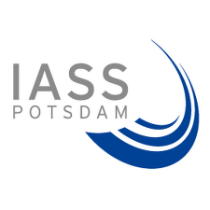Renewable Energy and Climate Change Perceptions in Cambodia
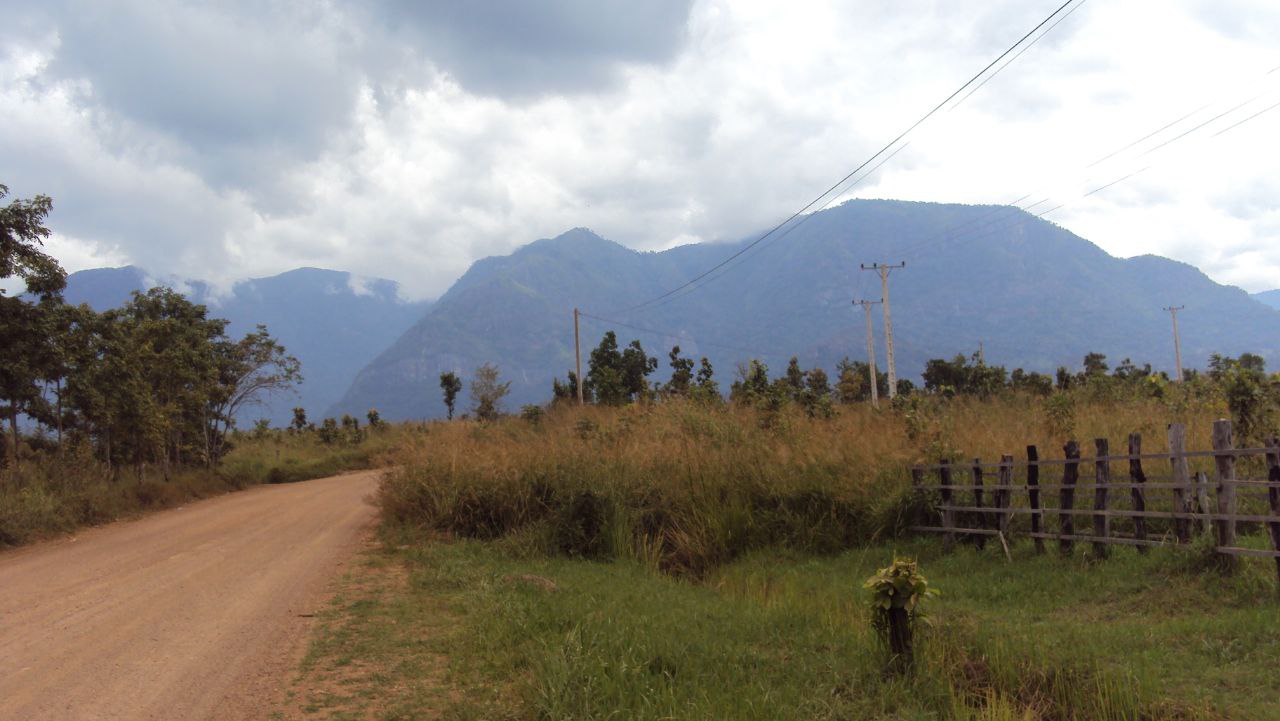
This study hypothesizes that the reason for Cambodia’s moving toward a more fossil fuel-based energy could be due to the misperceptions or underestimated co-benefits of renewable energy in relation to the associated costs. If the support for renewable energy depends on the framing, then public support for renewable energy from both policy makers and the general population is required to foster the policy change. Since it is unclear how long-lasting the effect of framing is on an individual, policy makers might consider adopting a long-term strategy in which they reinforce the narrative surrounding renewable energy. Therefore, this study aims to explore whether the attitude towards renewable energy depends on the framing of the situation— the different co-benefits and the associated costs, and that to what extent and how the public support, if any, can stimulate the policy changes towards a more sustainable and renewable-based economy.
Project Objective
- To analyze the role of positive (co-benefits) and negative (avoiding climate change impacts) framings for the support of renewable energy.
- To assess how the level of cooperation differs between achieving co-benefits versus avoiding negative climate change impacts.
- To analyze how social norms, perceptions about climate change, and gender may explain the framing effects.
Project Members
Publications
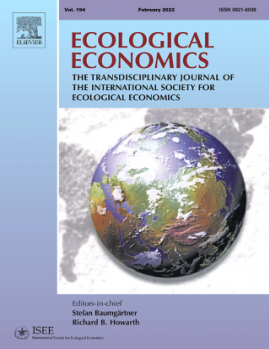
Water scarcity and support for costly institutions in public goods: Experimental evidence from Cambodia
Other Projects
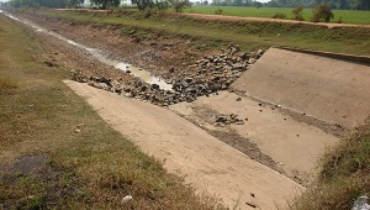
Managing Water Scarcity in the Mekong Region – Cam...
The Cambodia water scarcity profile is a stock-taking exercise designed to understand what water scarcity challenges exist in the country an...
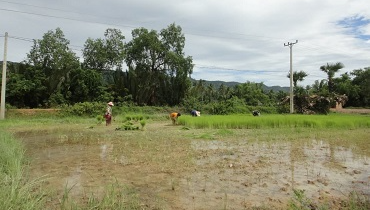
State of Gender Equality and Climate Change in Cam...
Under technical and financial support of UNEP and UNWOMEN, the assessment report is “a tool” to raise awareness about the benefits, advant...
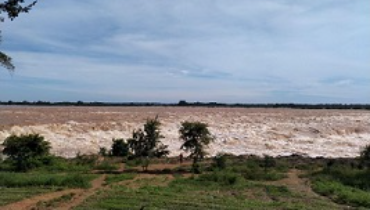
Challenges and Potentials of the Community Based E...
Community based ecotourism has been considered as an effective natural resource governance policy for both forest conservation and livelih...
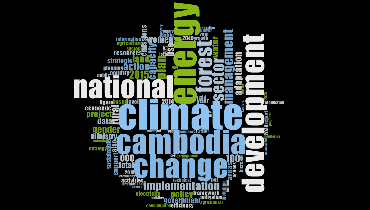
The State of Climate Change in ASEAN Region: Cambo...
Working to support Institute for Global Environmental Strategies (IGES), CNRE contributes to developing a comprehensive report on the stat...






